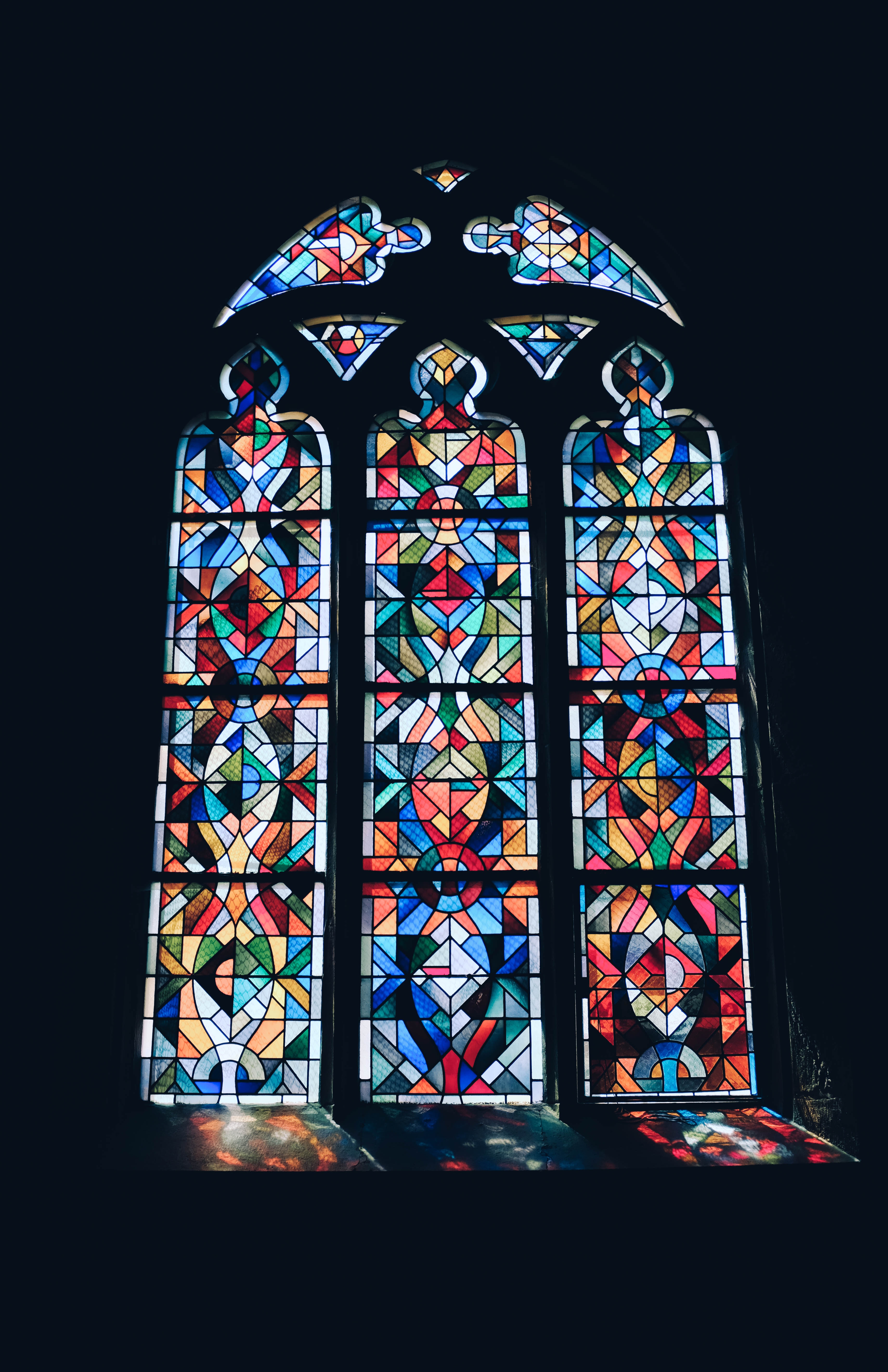Excerpted from the Council’s 2019 Lenten Reflection Guide for Lectionary Year C.
After these things the word of the Lord came to Abram in a vision, “Do not be afraid, Abram, I am your shield; your reward shall be very great.” But Abram said, “O Lord God, what will you give me, for I continue childless, and the heir of my house is Eliezer of Damascus?” And Abram said, “You have given me no offspring, and so a slave born in my house is to be my heir.” But the word of the Lord came to him, “This man shall not be your heir; no one but your very own issue shall be your heir.” He brought him outside and said, “Look toward heaven and count the stars, if you are able to count them.” Then he said to him, “So shall your descendants be.” And he believed the Lord
Genesis 15 tells the story of God calling Abram and Sarai to leave behind their current understanding of what seems acceptable for their lives and embark on a journey to a new place for building community based on trust and faith. God’s directions further confirm that the false comfort of staying put in a place is self-defeating, especially when others are being exploited and hurt. This evokes some uncertainty and anxiety in Abram as he has been confident in the structures that have developed around him. But God calls upon Abram, Sarai, and their descendants to overcome fear and have faith in a vision to pursue a new way of living.
The scripture passage refers to a land offered as more of a space than a place, a beloved community built by just and compassionate relationships. It conveys a vision of “the promised land” that Dr. Martin Luther King, Jr., portrayed in his “I have been to the Mountaintop” speech. King referenced President Franklin Delano Roosevelt’s eloquent cry at his first inaugural address that “we have nothing to fear but fear itself.” To move into the unknown, with little direction other than faith in God’s will is the ultimate journey towards trust.
Like all of us, Abram questions the details of how to get from where he is to where he is called to be. He asks what good will come of any gifts bestowed into the future since he has been given no offspring of his own. In response, God draws Abram out of the trappings of this confined way of seeing by taking him outside and saying “Look up at the sky and count the stars if you can, just so shall your descendants be.” This too directs us to reflect on Dr. King’s statement, ”only when it is dark enough can you see the stars.” Our ability to dream the impossible dream reminds us of the unlimited potential which exists in God’s fullness of creation.
Trust is not something we collect and stash away for a time when we need it. Trust in God’s will is a relationship we must constantly regenerate. Every day is a new day, with new uncertainties, new questions, and new fears. Even when everything seems to be falling apart and we don’t have a clear picture of what comes next, the life-giving theology of creation calls us to trust God’s promises offering hope for the future. Each day we wake, we are invited to redeem our faith in God’s covenant and journey forth in trust. We must do this through our personal spiritual practices, in our shared worship, and by living in right relationships. The gift of God’s love is not limited to us, it exists as a continuum between our ancestors and future generations yet to come.
As we move through the wilderness of Lent, may we trust in the promise of justice announced in the resurrection of Jesus. Let us bravely take each step forward with faithful trust, because God is with us on this journey.

